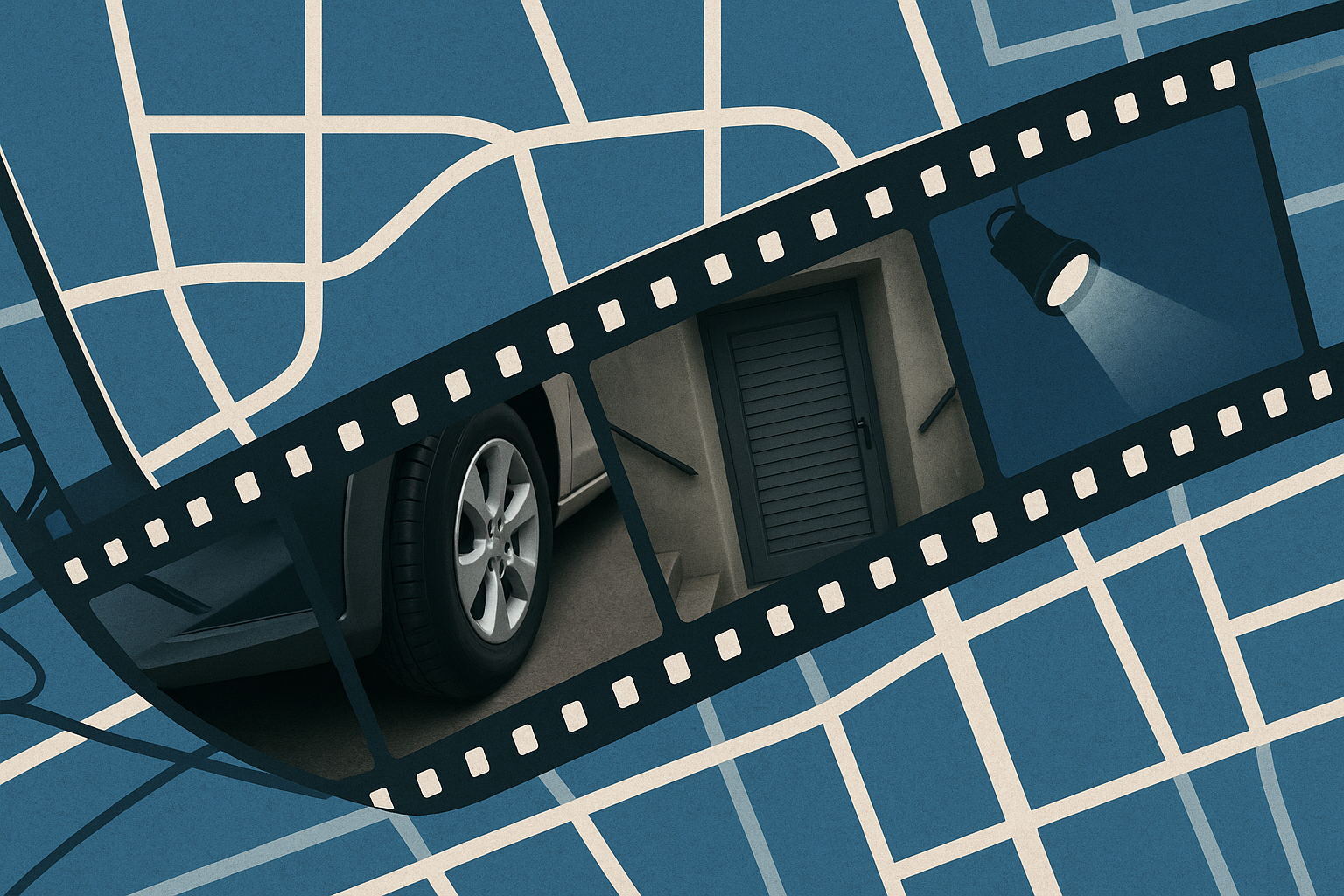I never expected that a small shift in my driving lane could remind me how perspective changes everything. The other day, I was driving a familiar route—one I’ve taken dozens of times. As I approached a typical decision point in my commute, I began to weigh whether or not to turn at my usual street or keep going to the next intersection. It’s one of those minor judgment calls that depends on traffic—nothing unusual.
But something unexpected happened. A car was parked on the right side of the road, and to make space, I had to swerve slightly to the left. That small motion, just a few feet to the side, suddenly revealed something I hadn’t seen before: a line of cars hidden in front of the vehicle directly ahead of me. I had thought it was just me and one other car, but there were five or six I hadn’t accounted for.
It wasn’t a dramatic moment. No brakes slammed, no near misses—but it stuck with me.
Because in that small maneuver, I realized something quietly profound: my understanding of the situation changed entirely—not because the world changed, but because I saw it from a slightly different angle.
⸻ Seeing Through A New Lens
This kind of moment is everywhere in film.
Take Parasite, for instance. Bong Joon-ho’s Oscar-winning social thriller starts as a clever dark comedy about a lower-class family infiltrating the lives of the wealthy. But as the story unfolds, it becomes clear that the opulent home they’ve schemed their way into holds secrets—most notably, a hidden basement bunker that literally and metaphorically reframes everything we thought we knew. What began as a class satire suddenly deepens into a claustrophobic exploration of generational poverty, invisible labor, and the things we’re conditioned not to see—until a camera (or life) shifts slightly to the left.
And then there’s one of my personal favorite perspective shifts, The Truman Show, a film that remains eerily prescient even decades after its release. Truman Burbank’s entire world is fabricated, a constructed reality show he was born into. Everything seems normal—until it doesn’t. A stage light falls from the sky. A radio station accidentally picks up the control room’s audio feed. These tiny ruptures in perspective lead him to see the edges of his world, both literally and philosophically. And once he sees the cracks, he can’t unsee them. we go in depth about the masterclass of The Truman Show‘s storytelling on our podcast Sipping On Cinema—you can check it out on Apple Podcasts or Spotify.
Both films operate like that swerve in my commute: the world was already full of details and dynamics I hadn’t accounted for—I just hadn’t moved enough to catch the whole picture.
⸻More Than Meets The Eye
Perspective isn’t just a visual trick. It’s an emotional tool, a narrative device. The same plot point, seen through two different eyes—or from two slightly different camera angles—can become two different truths. Parasite doesn’t become a different movie when the bunker is revealed; we just finally understand what was always there. The Truman Show doesn’t change when Truman sees the set walls—it’s the audience who shifts alongside him, as our understanding of reality bends.
⸻when perspective shifts Beyond The Screen
But this isn’t just about film—it’s about how we move through everyday life.
Sometimes, we go about our routines thinking we have the full picture, unaware that we’re making decisions based on incomplete context. Then something—an obstacle, a conversation, a disruption—nudges us just enough to give us a new angle. And suddenly, a fuller, truer picture comes into focus.
We learn this again and again: a change in perspective doesn’t just help us see more. It helps us understand more. Whether we’re driving, watching a movie, talking to someone we misunderstood, or reevaluating a decision—we’re always just one small shift away from a better grasp on what’s really going on.
⸻A Better View Awaits
Whether it’s a steering wheel, a camera lens, or a conversation that turns slightly, perspective is everything.
Sometimes, all it takes is a subtle shift—physical, emotional, or intellectual—to reveal the bigger picture. To help us course correct. To remind us that life is almost always more layered, more crowded, more nuanced than we assume.
Next time something forces you to adjust—even slightly—pay attention. You might see something that was hiding in plain sight all along.




